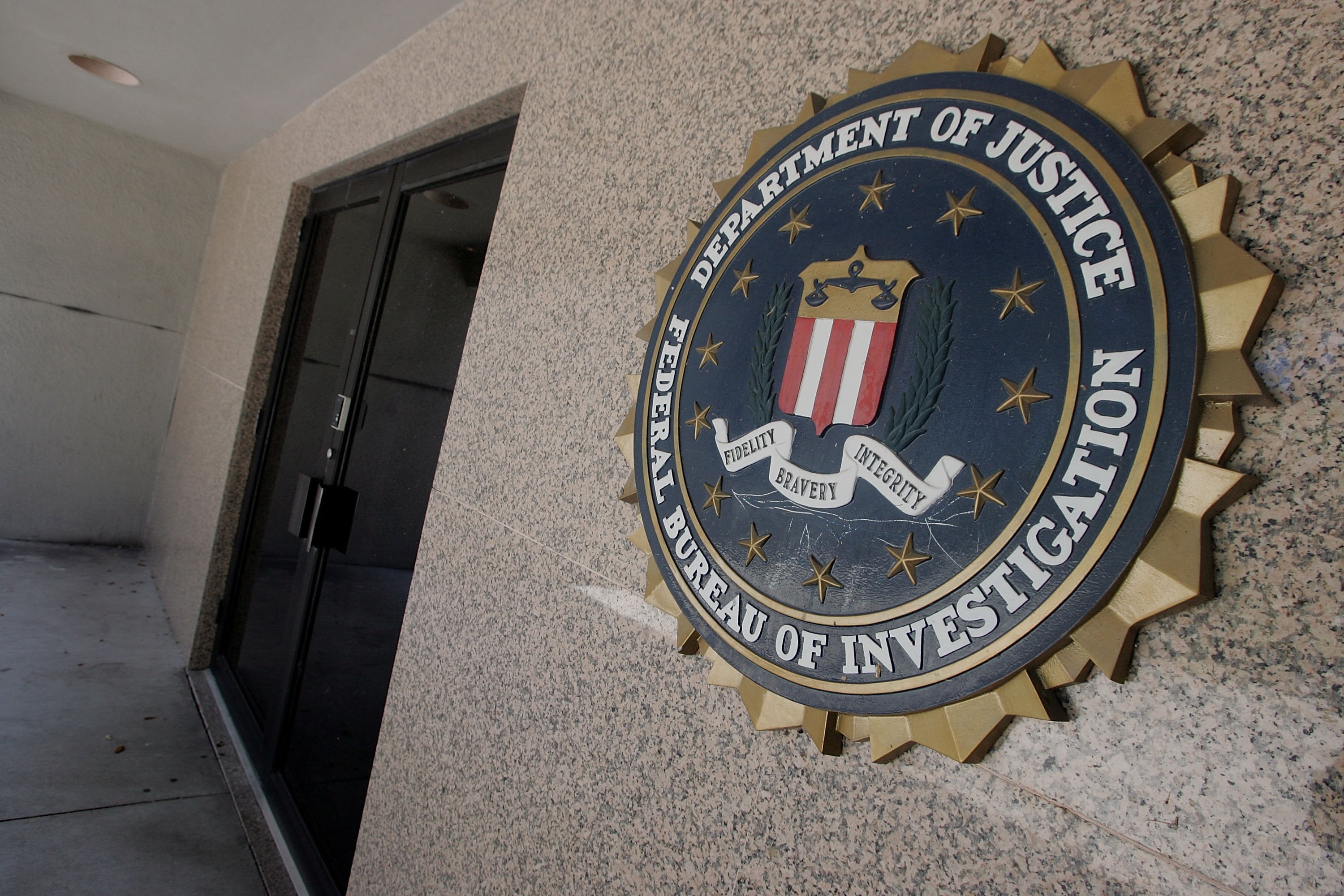FBI analyst took home documents on bin Laden and al-Qaida, say federal prosecutors
‘The breadth and depth of classified national security information retained by the defendant for more than a decade is simply astonishing’

Your support helps us to tell the story
From reproductive rights to climate change to Big Tech, The Independent is on the ground when the story is developing. Whether it's investigating the financials of Elon Musk's pro-Trump PAC or producing our latest documentary, 'The A Word', which shines a light on the American women fighting for reproductive rights, we know how important it is to parse out the facts from the messaging.
At such a critical moment in US history, we need reporters on the ground. Your donation allows us to keep sending journalists to speak to both sides of the story.
The Independent is trusted by Americans across the entire political spectrum. And unlike many other quality news outlets, we choose not to lock Americans out of our reporting and analysis with paywalls. We believe quality journalism should be available to everyone, paid for by those who can afford it.
Your support makes all the difference.A former FBI agent with top-secret security clearance was indicted this week on charges that she illegally took numerous national security documents, including materials related to al-Qaida and Osama bin Laden, and kept them in her home over the course of more than a decade.
The grand jury indictment, filed in federal court in Missouri and unsealed Friday, charges Kendra Kingsbury with two counts of gathering, transmitting or losing defense information, a felony that carries a maximum sentence of 10 years.
Ms Kingsbury, a 48-year-old from Dodge City, Kansas, is accused of taking a range of materials between 2004 and 2017, many of which were marked secret because they discussed intelligence sources and methods, cyberthreats and other highly sensitive matters.
One batch of documents involved “internal correspondence” about a suspected bin Laden associate in Africa, according to the indictment. The files were from 2005 and 2006, when bin Laden, who masterminded the 11 September terrorist attacks, was alive and on the run from US forces.
Prosecutors didn’t indicate a motive for Ms Kingsbury’s alleged offenses but said they zeroed in on her as part of their work to root out “insider threats” within the bureau.
“The breadth and depth of classified national security information retained by the defendant for more than a decade is simply astonishing,” Alan E. Kohler Jr. assistant director of the FBI’s Counterintelligence Division, said in a statement.
Ms Kingsbury is scheduled to be arraigned on 1 June. It wasn’t immediately clear whether she had an attorney. A message left at a phone number listed for her wasn’t immediately returned Saturday afternoon.
Criminal cases against intelligence officials accused of mishandling classified information are fairly common, but unlike Ms Kingsbury’s case they often include allegations that the materials were leaked. In one high-profile case last year, a former Defense Intelligence Agency official was sentenced to 30 months in prison for leaking classified information to reporters. In a similar case, a former FBI agent in Minneapolis was sentenced in 2018 for sharing classified information with the media.
Ms Kingsbury is not accused of leaking any of the documents she allegedly stored at home. But prosecutors say she was aware she wasn’t allowed to possess them.
The US government has strict rules for who can view classified information and under what circumstances. The process is outlined in a series of executive orders, requiring officials to sign a nondisclosure agreement, receive a security clearance, and have a “need to know” the classified information before they see it.
Ms Kingsbury knew the requirements, according to the indictment. She worked as an FBI intelligence analyst for more than 13 years, from June 2004 until 15 December 2017, during which time she received training on the different types of classified information and how to handle them, according to the indictment.
She was also assigned to different FBI “squads” focused on issues such as illegal drug trafficking, violent crime, violent gangs and counterintelligence, according to the indictment. Prosecutors say she had access to sensitive materials at a secure area of the FBI’s Kansas City Division and through secure government computer systems.
One count of the indictment accuses Ms Kingsbury of taking documents marked secret that covered US government efforts to collect intelligence on terrorist groups. It specifically mentions bin Laden, who was killed by US forces in May 2011 during a raid on his compound in Abbottabad, Pakistan.
“The documents include information about al-Qaeda members on the African continent, including a suspected associate of Usama bin Laden,” the indictment reads. “In addition, there are documents regarding the activities of emerging terrorists and their efforts to establish themselves in support of al-Qaeda in Africa.”
Another count of the indictment charges Ms Kingsbury with taking several “intelligence notes,” a presentation, an assessment, an evaluation document, and other materials dated between 2008 and 2014. Investigators said some of the papers described specific open investigations across multiple field offices.
Others discussed “human source operations in national security investigations, intelligence gaps regarding hostile foreign intelligence services and terrorist organisations, and the technical capabilities of the FBI against counterintelligence and counterterrorism targets,” according to the indictment.
“Ms Kingsbury was not authorised to remove and retain these sensitive government materials, nor did she have a need to know most, if not all, of the information contained in those materials.” prosecutors said in a statement. “Ms Kingsbury knew the unauthorised removal of classified materials and transportation and storage of those materials in unauthorised locations risked disclosure and transmission of those materials, and therefore could endanger the national security of the United States and the safety of its citizens.”
The Washington Post
Join our commenting forum
Join thought-provoking conversations, follow other Independent readers and see their replies
Comments